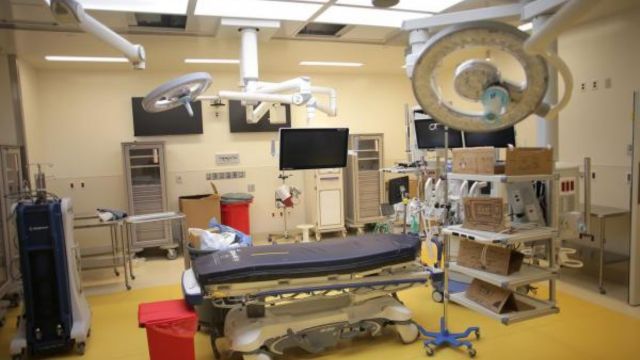Families in Massachusetts are facing frightening barriers to getting access to reasonably priced medical care. Although recent laws aim to address these problems, experts caution that the system is in danger of collapsing. Important stakeholders stress that rising expenses and restricted access to primary care pose a danger to the state’s health care system’s quality.
One important concern remains as families grapple with these challenges: will health care in the Bay State become more and more expensive?
Many families in Massachusetts are struggling with their health care
Insurance executives are alarmed by the soaring health care prices in Massachusetts, calling the situation a catastrophe. Insurers have suffered significant financial losses as a result of nearly double-digit cost trends brought on by rising prescription drug costs and growing usage. According to Heather Thiltgen, president of WellSense Health Plan, the state is beginning to reach the limits of affordability for our consumers, employers, and taxpayers, which is causing stress for many families.
To lower costs and increase access to primary care, lawmakers recently enacted two health care measures that Governor Maura Healey signed into law. The Massachusetts Association of Health Plans’ president, Lora Pellegrini, cautions that the measures do not give affordability and cost management top priority. Families may face increased premiums and restricted access to essential care if these important problems are not resolved.
What you need to know about the health care crisis in Massachusetts

Massachusetts, which is home to some of the best doctors in the nation, is currently dealing with a serious primary care access crisis. More patients are reporting issues getting access to primary care services, according to a recent Health Policy Commission report. For instance, patients now have to wait an average of forty days for new appointments, and many of them end up in emergency rooms because they can’t get timely access.
Wood County Health Inspections: December 2024 Report Highlights Key Violations
UCHealth Longs Peak Hospital Thrives Amid Declining Birth Rates Across Colorado
A declining number of new doctors joining primary care and an aging physician workforce both contribute to this problem. In 2021, only one out of seven newly graduated physicians in the Bay State chose to pursue primary care, which is among the lowest percentages in the country, according to the research. Dr. Michael L. Barnett, a primary care physician at Brigham and Women’s Hospital notes that, as a primary care physician, there are always needs that arise that may take hours to address. I’ve managed to balance it, but eventually it gets to be too much. Due to burnout and low reimbursement rates, many people are leaving the field, which puts further strain on an already overburdened system.
What can Americans expect for the future of health care in the United States?
A primary care task has been established by state officials to examine worker recruitment tactics and reimbursement mechanisms in response to these concerns. Governor Healey has made primary care a top focus and has proposed raising MassHealth’s primary care budget by 10% of total spending. Experts caution that the situation could become even further if significant adjustments are not made to enhance pay and working conditions. Massachusetts’s health care system had to change to stay afloat as families faced the twin challenges of growing expenses and restricted access to care.
Therefore, the way forward will require creative thinking and a commitment to putting patients’ and providers’ needs first. The harsh reality of growing prices and limited access to primary care is being faced by families as Massachusetts continues to make progress in health care reform.
Even though recent legislative initiatives can provide some respite, many families might find themselves struggling with an increasingly expensive health care system if affordability and workforce sustainability are not given enough attention. The Bay State’s health care system’s future is at stake as parties work to resolve these complex issues.





More Stories
Massachusetts Families Facing Health Care Challenges: ‘It’s Just Too Expensive’
Massachusetts Families Facing Health Care Challenges: ‘It’s Just Too Expensive’
Massachusetts Families Facing Health Care Challenges: ‘It’s Just Too Expensive’